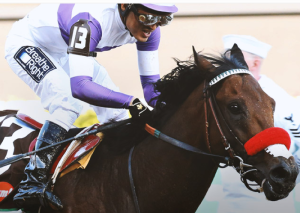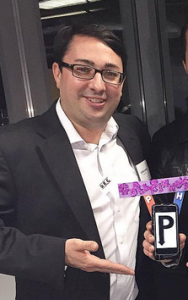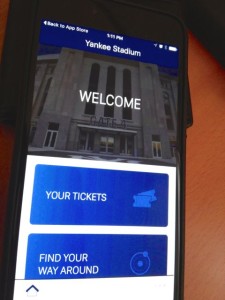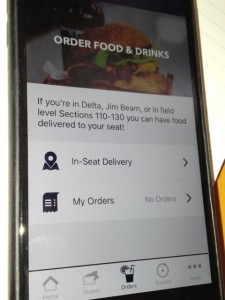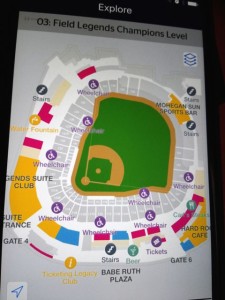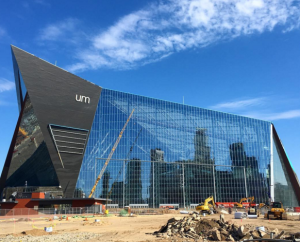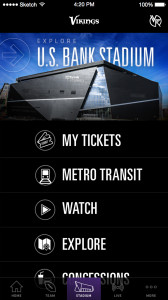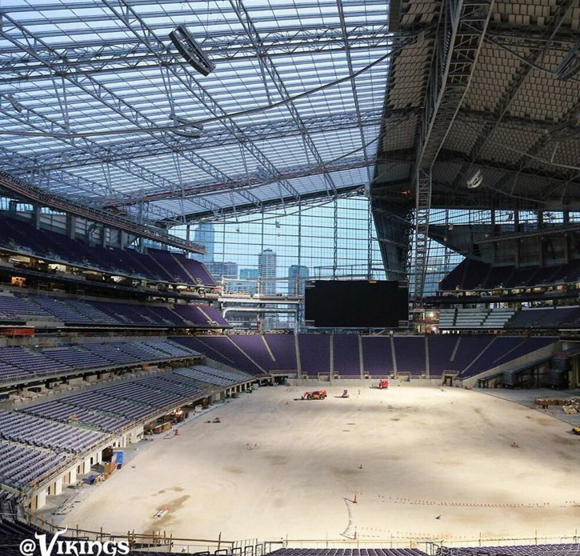Epsiode 5 of the STADIUM TECH REPORT PODCAST is off and running, in which hosts Phil Harvey and Paul Kapustka examine why the Kentucky Derby doesn’t need Wi-Fi but instead uses DAS to serve the wireless needs of its 170,000 race-day guests. With more than 12 terabytes of data used on race day and 20-plus TB used over the weekend, the Derby DAS was a winner… listen in and find out why!
SUBSCRIBE TO THE PODCAST:
